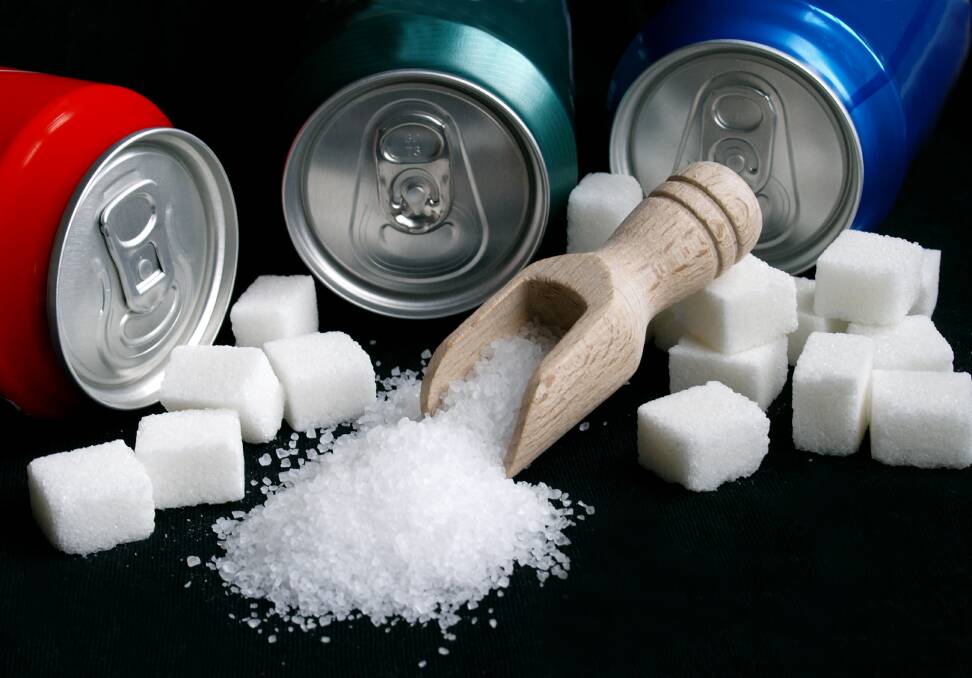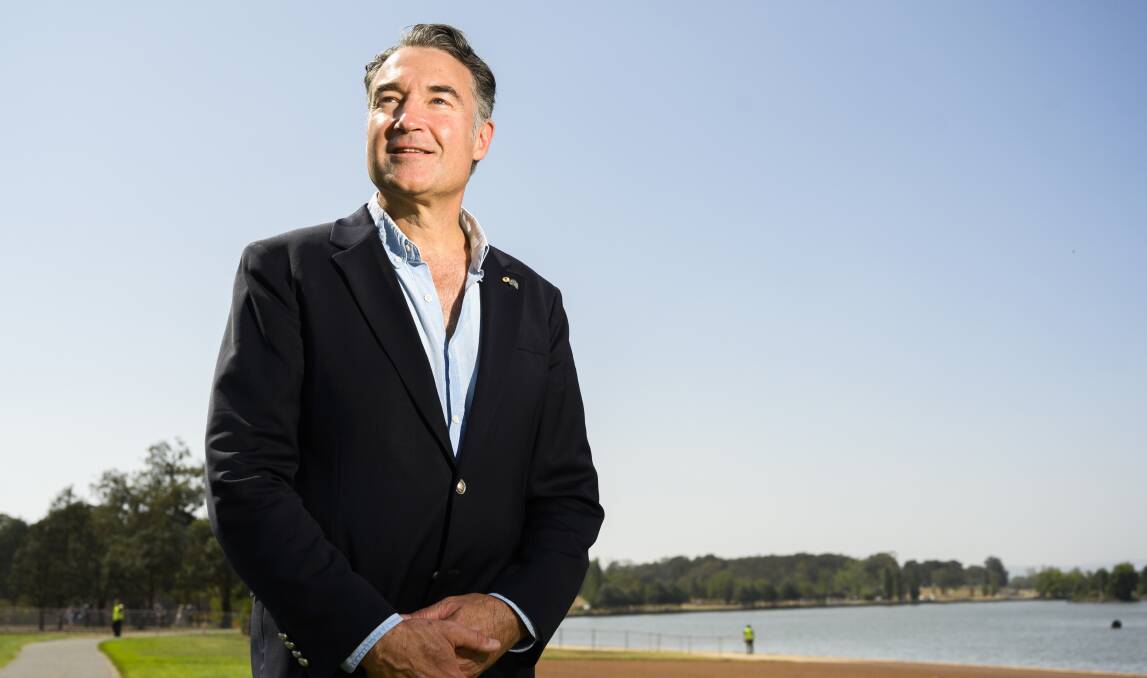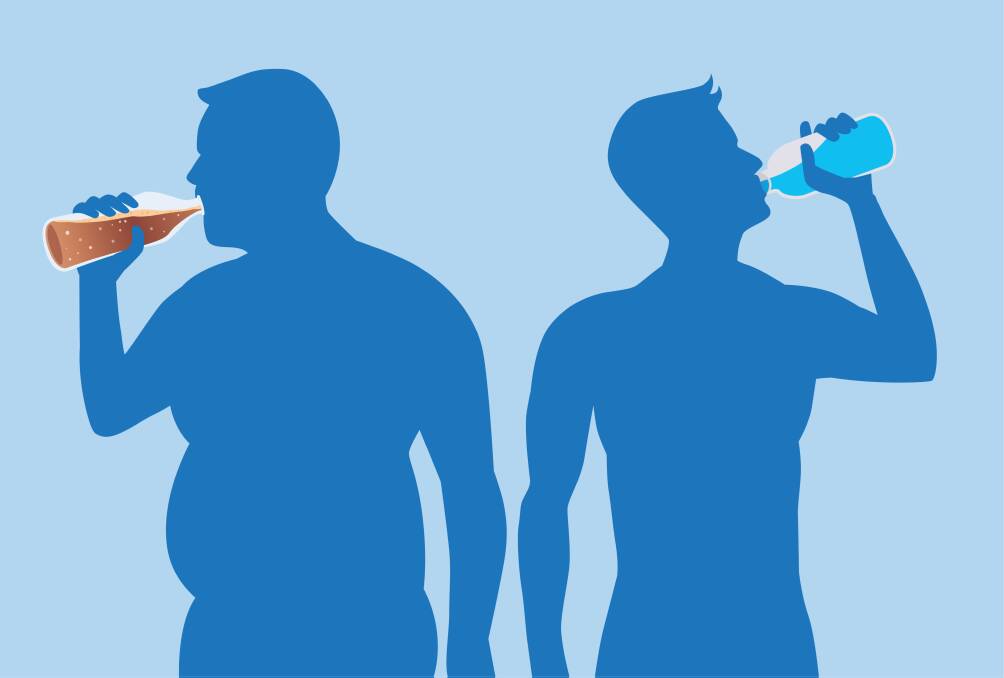
When I received my award on the Australia Day weekend, I suggested a multi-pronged approach to curb the growing epidemic of type 2 diabetes that's sweeping the world.
Subscribe now for unlimited access.
$0/
(min cost $0)
or signup to continue reading
A tax on heavily sugared products was just one of a number of strategies I discussed, and yet that was the one that received all the attention from the press.
Health Minister Greg Hunt immediately dismissed the possibility - indeed, it's been a delicate issue that neither party has been willing to tackle.
Is it revenue, is it jobs, or is it votes, or perhaps all three? And why should we be exploring a new tax, in the middle of a pandemic, a time of great economic hardship for many?

A 20 per cent levy on all sugary drinks has been shown to reduce consumption in a number of countries, and would have a positive flow-on health and economic impact.
A 2017 national poll reassures us that 77 per cent of Australians support such a concept, particularly if the money is used to reduce the health inequalities that exist across our country.
Such a levy would raise more than $600 million, a sizeable amount that could also be harnessed to increase awareness among the public of the many health dangers of excessive sugar consumption - type 2 diabetes, heart attack, stroke, dementia and cancer - the major killers in our society and an enormous drain on our financial resources.
There are a number of arguments put forward by various powerful lobby groups to derail any proposed "sugar tax".
One of the most common is that a sugar tax would be a tax on the poor.
Sadly, consumption of sugary drinks continues to rise in the lower socio-economic areas of our country.
A 20 per cent levy on such drinks would translate to $35 each year to the poorest households, which is only $4 more than the cost to the wealthiest households.
The downstream saving would be enormous as the average annual healthcare cost for a person with diabetes is $4025 if there are no associated complications, rising to as much as $9645 in those with complications.
I see it as an investment in the long-term health of our nation and its people, as we know that excessive sugary drink consumption is associated with an increased risk of type 2 diabetes, and type 2 diabetes makes us more susceptible to viral infections such as COVID-19. Another popular argument against a sugar tax is that it would result in a loss of jobs.
Once again, studies from a number of countries, including Mexico and the United States, have not shown this to be the case.
In Australia, 80 per cent of our sugar is exported, and the expected 1 per cent drop in demand for sugar in beverages as a result of a levy would ultimately be traded elsewhere.

Industry adapts - indeed soft drink companies have seen the writing on the wall and have been producing bottled water and no or low-sugar varieties for years.
A 20 per cent tax on sugary drinks alone would save $2 billion in healthcare costs in Australia, over and above the savings on tooth decay, and ultimately it's the taxpayers who are footing the $20 billion annual bill for type 2 diabetes.
In 2017, the federal government struck a deal with the Australian Beverage Council to reduce the sugar content in their members' beverages by 20 per cent by the year 2025.
This initiative is not on target, with only a 7 per cent drop and less than five years to go, and is being achieved by broadening the portfolio of drinks rather than reformulating the most popular, heavily sugared products. It is simply a smokescreen for action.
With two million Aussies now with pre-diabetes, I fear that over the coming years many will roll into type 2 diabetes and its heavy burden of life-changing and life-threatening complications - complications that also deeply impact on family members.
The UK implemented a levy on sugary drinks back in 2015, and it's working, with the amount of sugar in drinks dropping by almost 30 per cent.
Surely it's time for Australia to follow suit and invest in the health and wellbeing of its cherished people.
Dr James Muecke, an ophthalmologist, is the 2020 Australian of the Year.
- ACM, publisher of this newspaper, is a proud supporter of the Australian of the Year Awards.

